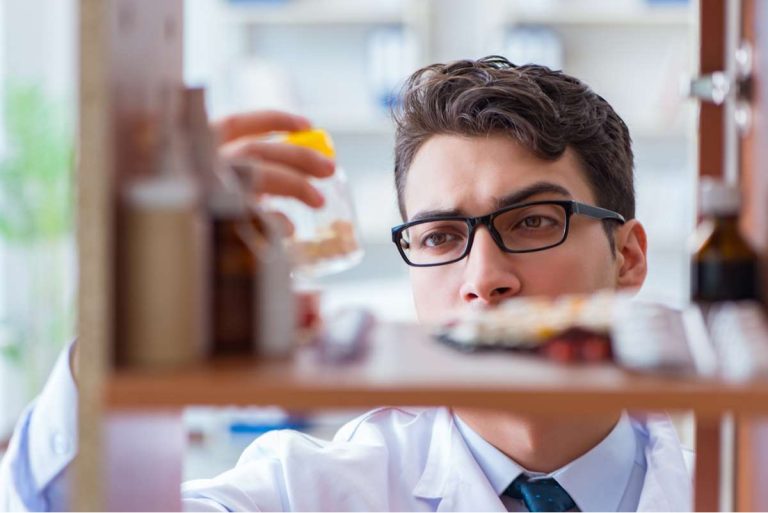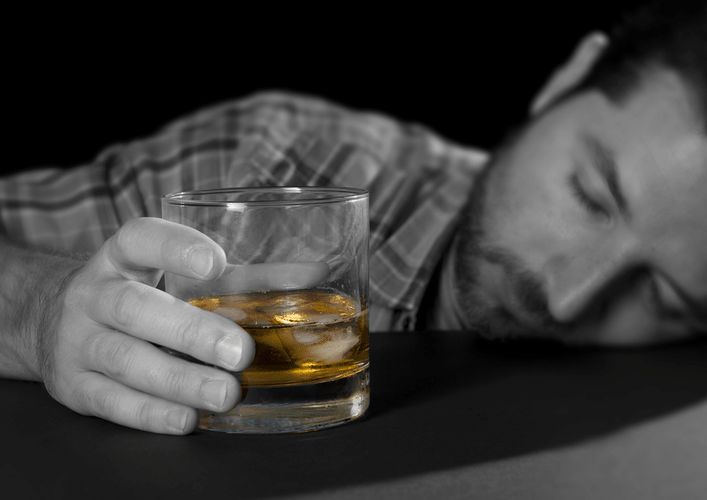The structured nature of an inpatient treatment program, with its scheduled activities, detoxifications, and support group dynamics, can be a stark departure from the freedom people are used to. People with addiction often fear losing control during rehabilitation. Denial can cause people to resist going to a treatment center as they cling to the belief that their substance use is manageable and that they have control over their habits.
Three Steps To Drug Relapse:
Innovative approaches are necessary to overcome barriers to addiction treatment. Changes in insurance policies and the growth of telehealth services have contributed to making rehabilitation more accessible (American Addiction Centers). Alternatives such as 12-Step groups and other self-help programs are available for free, providing essential support for those going back to rehab in need. Estimates of recovery attempts differed substantially depending on whether the mean (5.35 recovery attempts) or median (2 recovery attempts) was used as the estimator. The more fitting, median estimate of attempts should be used in clinical and policy communications given the distribution.
The impact of addiction on mental health

Sometimes, people are so used to life in addiction that they don’t realize that they unconsciously fall back into the same patterns. They might be highly functional with their job or within their family, and the people around them might not notice the signs and symptoms. They might face unexpected stressors that they don’t know how to manage, even with the techniques they practiced in treatment.
Why Mental Health Screening is Important for Substance Abuse Recovery
Substance use may be part of your story, but it doesn’t have to be the rest of it. Sustainable recovery is possible and the best version of yourself is waiting at our Atlanta and Savannah, Georgia addiction recovery centers. We’ll give you skills to discover your self-worth and show you the tools for a life of hope and promise. Rehab centers emphasize daily routines and productive activities, which are essential for helping patients break self-destructive habits and develop healthier lifestyles. Activities may include personal time, medication management, and optional yoga or meditation to set a positive tone for the day (American Addiction Centers).
- Unresolved trauma – Some people absolutely must address things like trauma in their early recovery.
- If you don’t feel that all of these changes would be enough, you may try another rehabilitation center with a different approach and philosophy.
- Personal growth, healing, and mindful intention can keep your drug or alcohol misuse at bay, but addiction will remain a present force in your life.
This law requires companies to provide job-protected, unpaid leave for employees seeking medical treatment, including addiction treatment. If you or a loved one is struggling with addiction, Another Chance can help you get http://ingofiebig.de/2024/04/01/alcoholism-and-appearance-how-alcohol-abuse/ back on track. Our programs can strengthen your coping mechanisms and support your healing process. Given these daunting statistics, newly recovering addicts are encouraged to protect their sobriety by utilizing aftercare support services and 12-step programs.
Helping a Loved One Avoid Relapse
A person who has relapsed may try to hide his or her substance abuse. They may isolate themselves from loved ones and begin acting similarly to how they acted before getting treatment. In the event of a relapse, it is important to get help – even if that means going back to rehab. The first time they go may be their first attempt at getting sober, where they learn the basics of addiction. This is when a person will need to do some self-reflection to learn why they relapsed and what they can do in the future to prevent another relapse.
- The reasons people go to rehab can differ, and each person’s story is unique.
- Because programs vary in their philosophies and treatments offered, finding a center that takes a different approach than the last one you went to may produce better results.
- Concerns about relapse and the ability to maintain sobriety post-treatment may further fuel skepticism, causing people to believe that seeking professional help isn’t worth it.
- They may also feel negative, trigger emotions, and fail to use the tools they’ve learned to deal with them appropriately.
- DuPont and colleagues (2009) followed 904 physicians treated for substance use disorder as part of their involvement in a Physician Health Program (PHP).
What Counts As a Relapse? Laps vs. Relapse
Support networks can include care teams, family, friends, sponsors and community relationships that encourage positive behaviors and provide emotional support during recovery. Effective aftercare programs also include outpatient treatment, allowing flexibility in maintaining daily responsibilities while receiving support. Additionally, long-term rehab allows patients to progress at their own pace, providing a structured environment conducive to practicing and solidifying important coping skills.

Our state-specific resource guides offer a comprehensive overview of drug and alcohol addiction treatment options available in your area. If you need help or feel like you could be on the cusp of a relapse, remember that addiction is a chronic disease. You wouldn’t expect that you could self-treat hypertension or diabetes without the help of medical professionals. If you need support, help, or have questions, please contact our team at The Recovery Village. Some people feel that relapse prevention is about saying no right before they take a drink.
Treatment Programs

It is difficult to change habits, and many people treated for a substance use disorder experience a setback. It also includes all the actions leading up to substance abuse, such as driving to the bar or contacting a dealer. The National Institute on Drug Abuse (NIDA) reports that most people with SUD will experience at least one relapse during their recovery journey. A relapse occurs when a person uses drugs or alcohol after a period of abstinence. Drugs and alcohol are chemicals that alter the way the brain functions. They physically restrict a person’s ability to control impulses, make decisions, Drug rehabilitation and think about consequences.
